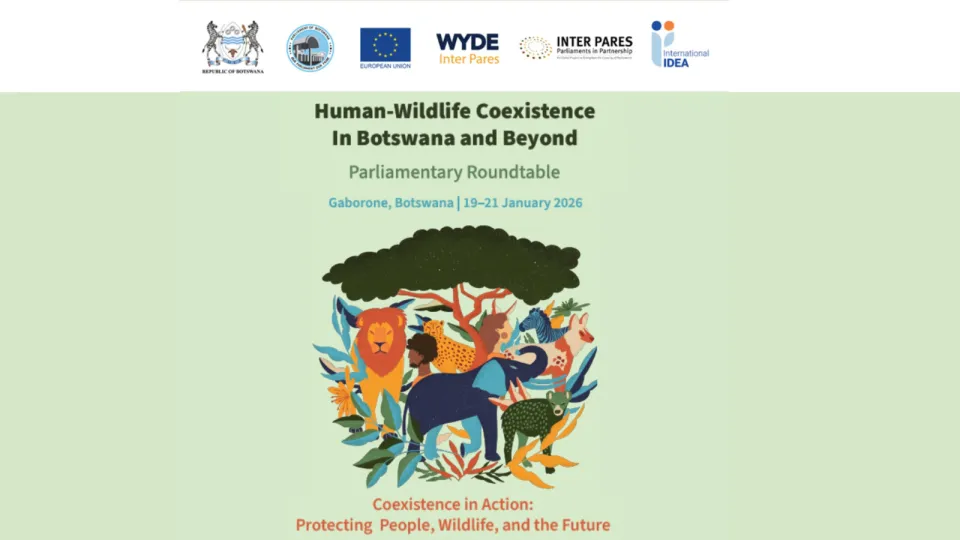Fighting political corruption and organised crime with early warning and graphic information systems
Disclaimer: Views expressed in this commentary are those of the staff member. This commentary is independent of specific national or political interests. Views expressed do not necessarily represent the institutional position of International IDEA, its Board of Advisers or its Council of Member States.
There is increasing attention on the destabilising effects that criminal networks have on the legitimacy of democratic politics, and the capacity of democratic systems to deliver public services. Rent-seeking, policy-capture, graft, and bribery are just some of the many tools in which an illicit network may interact with democratic politics. Combatting the corrosive effects of organised crime on democratic politics is difficult. Trials and punishment of exposed networks are slow and costly - both financially and politically, as exemplified by the ongoing ‘Car Wash’ operation in Brazil and Latin America.
Retrospective action to combat the political-criminal nexus is therefore limited and costly. However, technological advancements have created a space for innovation, and in recent years, permitted the field of early warning systems and forecasts to flourish. In turn, these systems allow decision-makers to craft prevention strategies to mitigate threats posed by illicit networks as they develop – not only saving resources but also allowing a more holistic approach to addressing the threats of organised crime.
The technological advancements in spatial analysis has been paramount in the development of prevention strategies. Specifically, the development of Geographic Information System (GIS) technology from the 1970s to now, provides unprecedented accuracy. It is now possible to systematise information gathered on threats. Mapping this information offers visual simplicity and allows an unprecedented focus on the local level. In turn, this allows a new level of sophistication for early warning systems and forecasts to inform decision-makers of threats. Once threats are mapped and understood, prevention strategies can be customised and implemented at the local, national, or even regional level.
As part of its ‘Protecting Politics’ project, International IDEA is developing one such early warning system. The IntegriTAS Threat Assessment System, is a tool that aims to enable governments and civil society organisations to develop strategies to prevent and mitigate the nexus between organised crime and democratic politics. The tool provides an analytical model with two dimensions: 1) democratic vulnerabilities, and 2) organised crime activities, allowing the user to choose which dynamics they wish to map and analyse. It allows data entered by the user to be systematised and spatially ordered. The product permits a unique mapping of the interplay of democratic vulnerabilities and criminal activities in a certain context. While IntegriTAS provides a guide on prevention and mitigation strategies, the hope is that users will also share their own experiences of using the tool, and the subsequent strategies used to combat threats to politics from organised crime.
Organised crime and complicit actors thrive in obscurity. Used correctly, technological developments such as spatial mapping sheds light on such shadowy networks. In turn, a clearer understanding of the threat itself is a powerful weapon for protecting democracy from the corrosive political-criminal nexus.
Currently being piloted in South Africa, IntegriTAS will be launched in early 2018.




